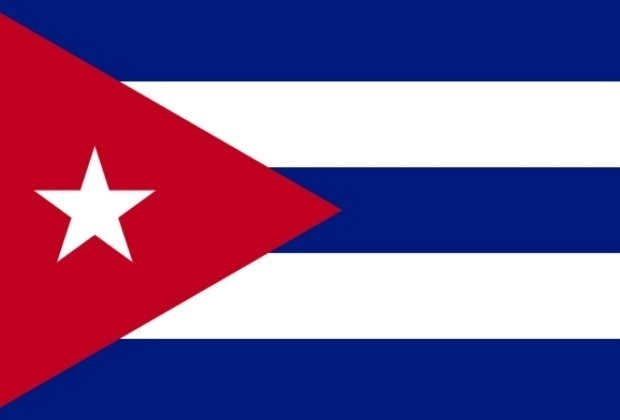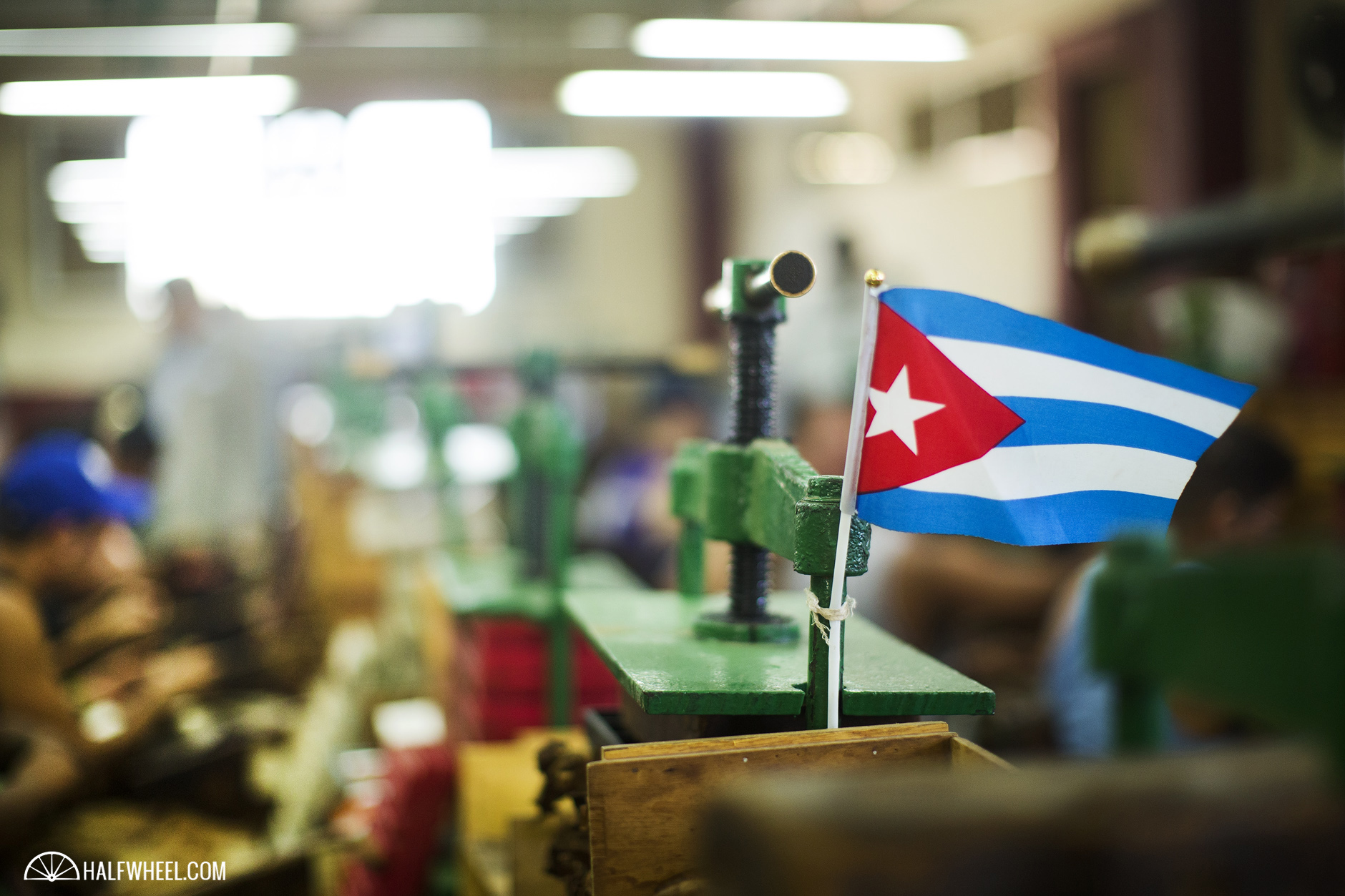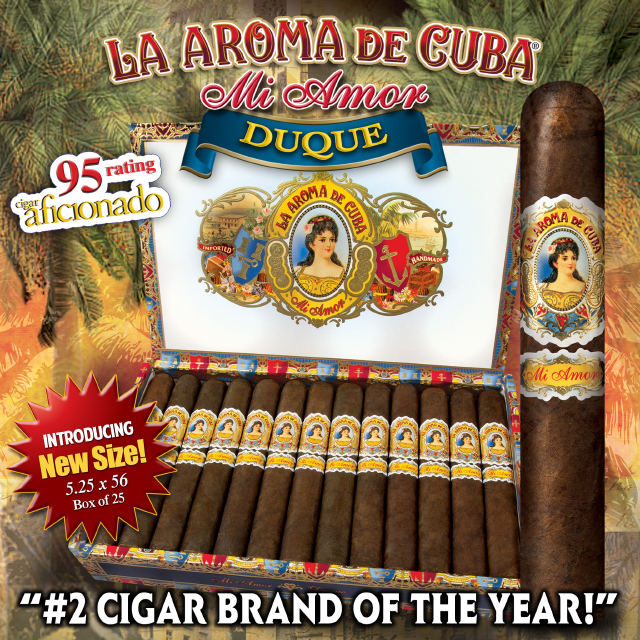Cuba’s state-run tobacco company says the country is producing 260 million “hand-rolled” cigars per year.
That figure came from a report from Prensa Latina, Cuba’s state news agency, which cited Justo Luis Fuentes and Miguel Vladimir Rodriguez, president and first vice-president of Grupo Empresarial de Tabaco de Cuba (Tabacuba), the company that oversees the manufacturing side of Cuban tobacco.
The report stated that the country exported 93.9 million handmade cigars, with the rest produced for national consumption, meaning 166.1 million cigars for an island of just under 11.5 million people and presumably some of the 4.8 million tourists the country welcomed in 2018. In 2016 the Cuban government’s Office of National Statistics said the country exported 91.4 million handmade cigars. It has not yet released figures for 2017 or 2018.
It’s unclear whether the terms premium, handmade and hand-rolled are being used interchangeably. Cuba produces a range of handmade cigars, from the traditional premium offerings such as Cohiba, Montecristo and Partagás, which the majority of Cubans would struggle to afford, down to cigars available only locally and generally referred to as peso sticks.
Habanos S.A., the company responsible for sales and marketing of Cuban cigars worldwide, stated earlier this year that it believes there are 450 million “premium cigars” sold worldwide, a number which would seem to include cigars produced both in Cuba and in other countries.
Prensa Latina also said that the country makes 150 million machine-made cigars and exports 91 percent of them, about 136.5 million. The report also announced that Souza Cruz, a Brazilian subsidiary of British American Tobacco, has made an investment of $116 million in a new joint venture for machine-made cigars and cigarettes.



